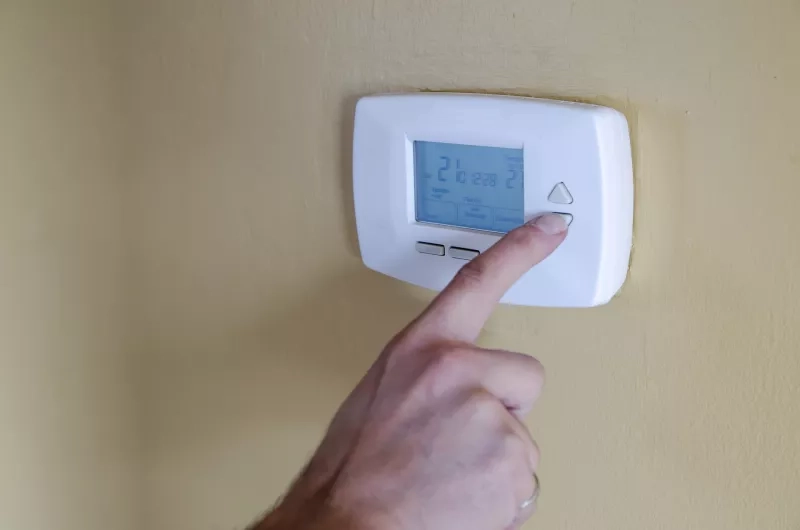
4 Tips to help you sleep better
1 Minute Read
Canadians are not sleeping well. One in two adults has difficulty going to sleep or staying asleep, according to a 2019 study by Statistics Canada. Poor sleep has been associated with both short—and long-term health effects, such as hypertension, poor memory consolidation, and exhaustion the next day. Implementing good nighttime habits—like maintaining a regular sleep schedule and ensuring your room is dark and cool—is a must. For those of us who need a little extra help, here are four tools to try.
Download an app

microgen | iStock
Practicing mindful meditation before you doze off has been shown to help quiet your brain for better sleep. Headspace (headspace.com) and Calm (calm.com) are two popular apps that offer sleep-specific meditations, music and stories to help you swiftly drift off into dreamland.
Snug as a bug

Katelin Kinney | iStock
Using a weighted blanket is a quick way to induce peacefulness, decrease stress and increase levels of the sleep hormone melatonin. Look for a blanket that’s about 10 percent of your body weight— the sweet spot for most people.
Limit screen time

Hirurg | iStock
Our devices are doing more than keeping us from hitting the hay. The blue light they emit also impacts our biological sleep-wake cycle. Stop using screens at least 30 to 60 minutes before bed, and consider blue-light-blocking glasses or a blue-light screen protector.
Keep it cool

Marc Dufresne | iStock
According to the National Sleep Foundation, bedrooms should ideally be between 15.6°C and 19.4°C for sleep. A more eco-conscious alternative to blasting your AC is a smart mattress pad, like the Slumber Cloud, which has two layers of NASA-approved temperature-regulating technology.

